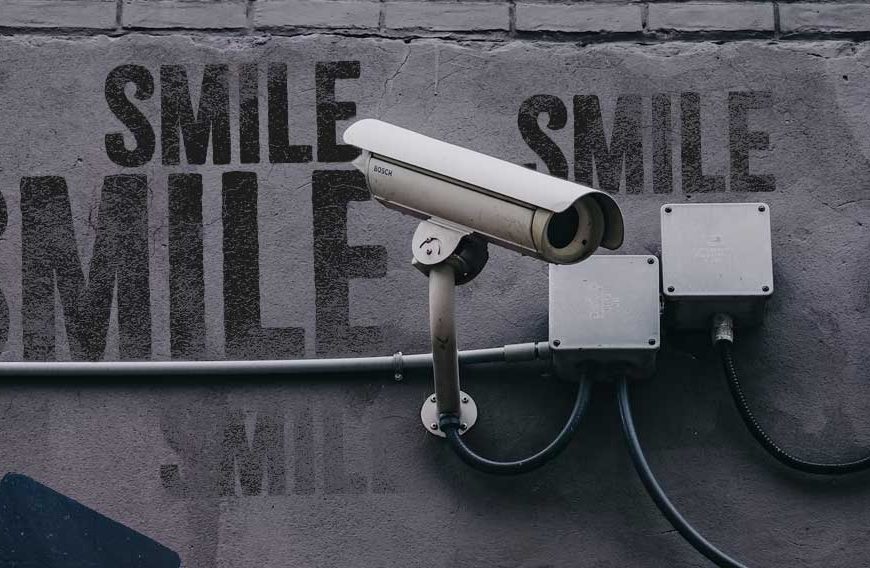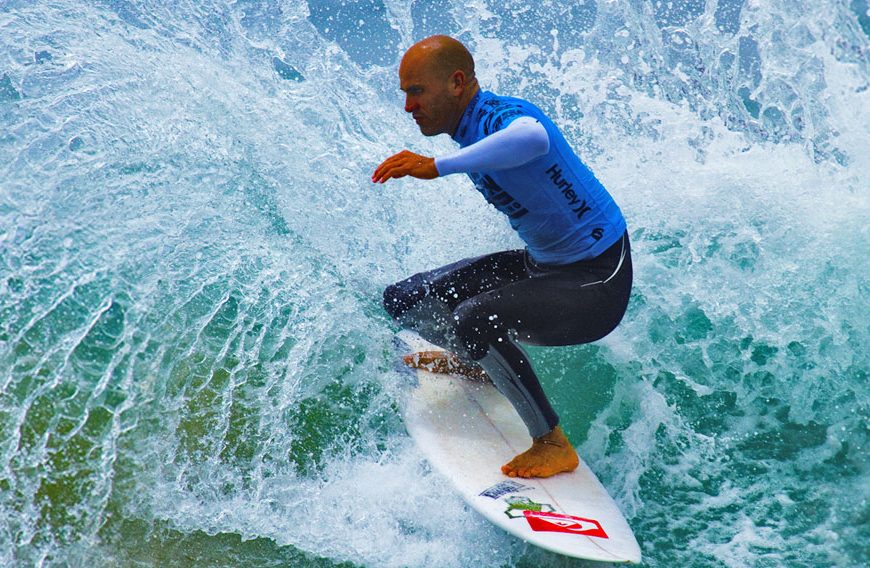Euthanasia: the practice of intentionally ending a life to relieve pain and suffering. The word literally means “good death.”
It’s considered good to many because assisted suicide is viewed as a solution and a legitimate means of ending suffering and escaping what feels inescapable. But is this a helpful or even moral portrayal of suicide?
People don’t usually choose to end their life while in a right state of mind. They only ever reach that point because they believed the lie of “good death.” The lie of “euthanasia” is that in some instances, suicide is the best option, or even the only option.
But should we really be telling the most vulnerable in society, those who suffer severe depression, crippling anxiety, or chronic illness that suicide is a viable option, at least for some? This would have disastrous effects, especially considering the undeniable link between suicide and both mental and physical health.
Each year approximately 2,400 Australians commit suicide. For every one of those deaths there are said to be 20-30 failed suicide attempts.
One of the major causes for suicide is mental illness. According to Suicide.org, up to 90% of people who die by suicide suffer from a mental illness at the time of their deaths.
Furthermore, suicide is said to be the leading cause of death for people affected by mental illness. In fact, it is suggested that one in ten people affected by mental illness commit suicide.
In a 2007 Survey of Mental Health and Well-Being, 72% of participants who had serious thoughts of suicide suffered from a mental disorder. Of these people, 77% suffered an anxiety disorder, 63% had a mood disorder and 34% had a substance use disorder.
The most common mental illness is said to be depression, and when a person suffers from depression, the risk of suicide is severely heightened.
According to Beyond Blue, one in five suicides are linked to physical health problems. Some studies suggest the risk of suicide may be doubled by people who suffer from chronic pain.
Furthermore, those who suffer from chronic illnesses are said to be at greater risk of developing depression and anxiety.
Heart disease, prostate cancer, breast cancer, diabetes, arthritis, osteoporosis, asthma and dementia are all said to increase the risk of developing depression. In fact, rates of depression are said to be “four times higher among people with chronic pain than people without and almost one in three Australian adults with severe pain have higher or very high levels of psychological distress.”
Death is the final indignity, no matter what form it takes. But the message of assisted suicide suggests otherwise. Euthanasia, the “good death,” cannot be preached without falsely portraying suicide as a solution for some.
The notion that suicide is, at times, the best option will no doubt have a tragic impact on people who might have otherwise recovered, at least to a point where they no longer wish to take their own lives.



















